An essay in Science magazine this month defends the vital importance of basic scientific research and references the work of the policy center's science communication program in advancing that message.
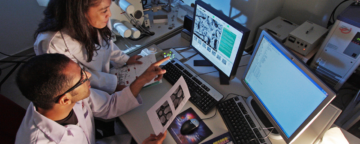

An essay in Science magazine this month defends the vital importance of basic scientific research and references the work of the policy center's science communication program in advancing that message.
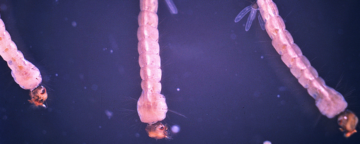
Most Floridians favor the use of genetically modified mosquitoes to fight the spread of Zika virus and are significantly more likely to approve of it than people who live outside Florida, the Annenberg Science Knowledge survey has found.

Many Americans hold mistaken beliefs about Zika virus. To help provide the public with accurate information, the policy center has released a free "A Guide to Effective Zika Coverage" for writers, editors, reporters and broadcasters.
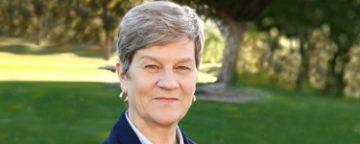
APPC director Kathleen Hall Jamieson addressed the annual meeting of the Midwestern Legislative Conference, in Milwaukee, on "Effective Communication in a Polarized Environment."

There's widespread support for labeling genetically modified foods, as required in a new bill President Obama is expected to sign. But most Americans don't know that scientists have found no substantiated evidence to show that genetically modified foods are unsafe.
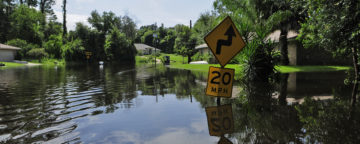
Visiting scholar Dan Kahan spoke in Vermont and Connecticut about his research in science communication. His research disentangles what people know about science from what they believe on issues like climate change.

Nearly two-thirds of Americans claim to have a “poor” or “fair” understanding of genetically modified organisms (GMOs), suggesting more knowledge is needed in food labeling and using GM mosquitoes to fight Zika.

The Annenberg Public Policy Center's Kathleen Hall Jamieson has been named to the steering committee of the American Academy of Arts and Sciences' new initiative on the Public Face of Science.
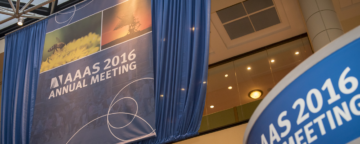
At this year's meeting of the American Association for the Advancement of Science, APPC Director Kathleen Hall Jamieson spoke about countering misuses of scientific findings, and five postdoctoral fellows presented posters.

A new report shows that many people who don't “believe” in evolution are still highly curious about science and engaged by a film about evolution, suggesting there is a “missing audience” for documentaries about science.